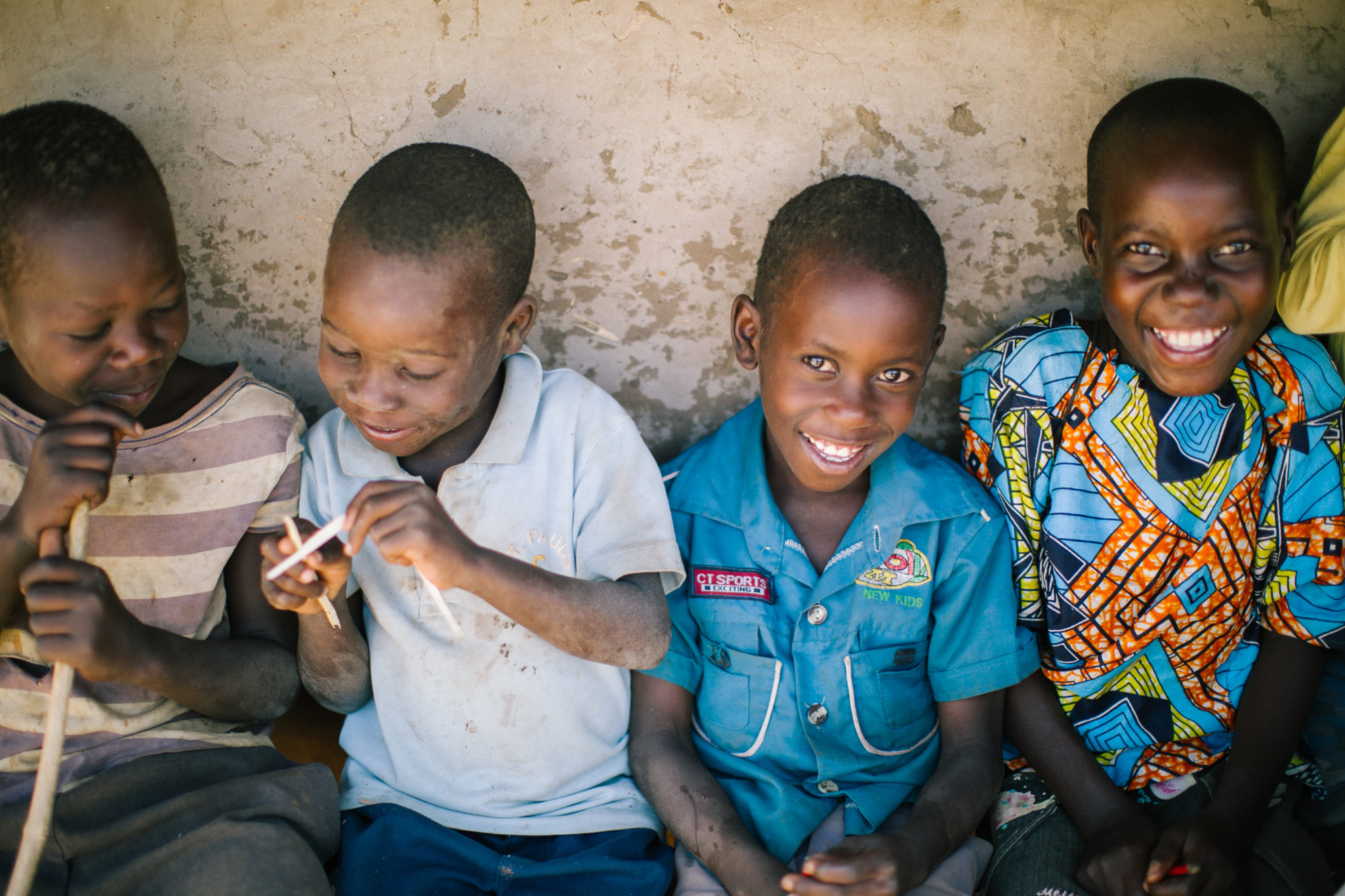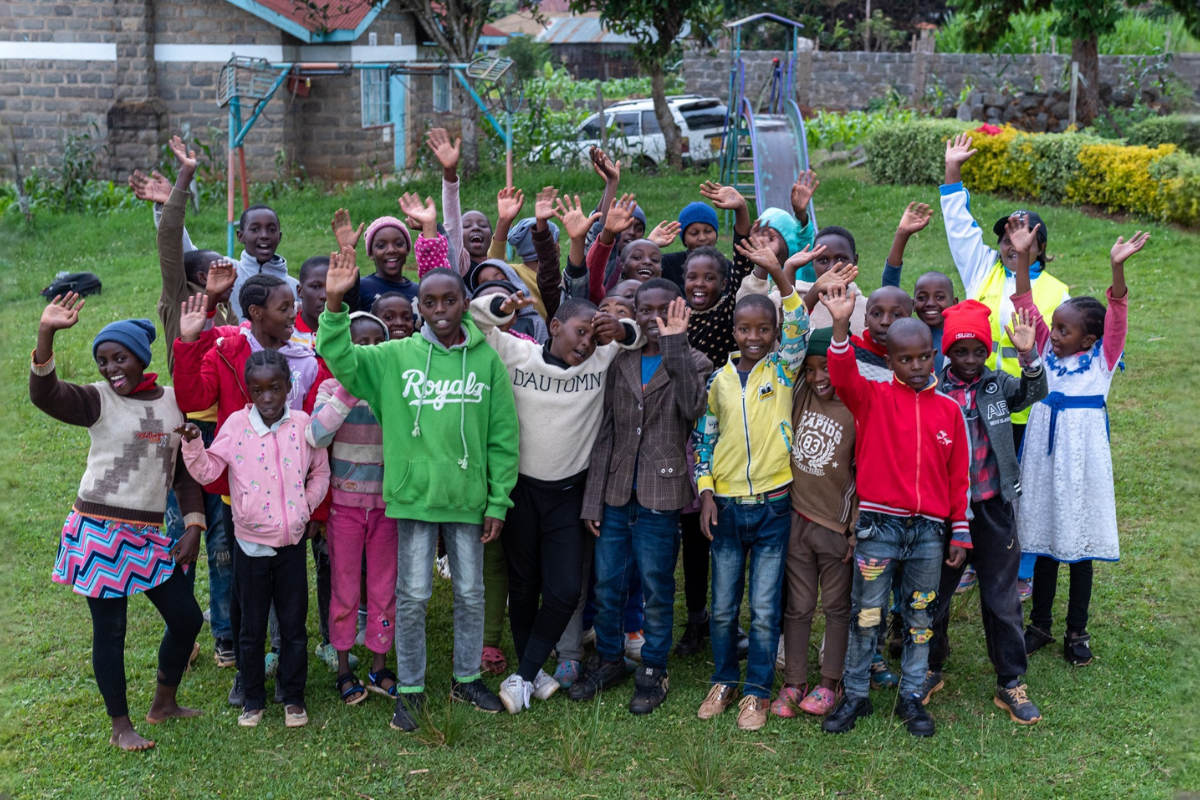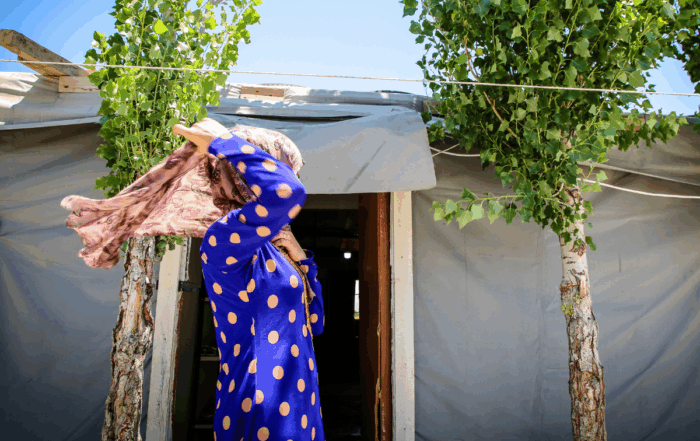Protecting children from human traffickers
![Q3_Uganda PHOTO [Peace + Justice]](https://worldrenew.ca/wp-content/uploads/2021/06/Q3_Uganda-PHOTO-Peace-Justice-scaled.jpg)
Human trafficking can be defined as modern-day slavery. Human traffickers often use violence and threats to compel women and children into commercialized sex, criminal activity, forced begging, forced labour, and more. Globally, twenty percent of the victims of human traffickers are children. In Uganda, children as young as seven years old are forced to work in domestic services and labour-intensive industries such as agriculture, mining, and stone quarrying.
Around the world, in regions where poverty rates are high, there is an increased risk that human traffickers will prey on children. One third of Ugandans live in poverty. To ease financial pressures, sometimes children are sent to live in towns and cities where parents believe life will be easier, but those children often end up living on the streets where they become easy targets for human traffickers.
In 2019, the United Nations Programme on HIV/AIDS (UNAIDS) estimated that there were approximately 1.5 million Ugandans living with HIV. When children lose their parents to HIV/AIDS these children too are often left to wander the streets of Uganda. And, sometimes, even in their own homes children are at risk of becoming the victims of human traffickers; there are incidences of parents who are in debt being forced to send their children to work on farms in order to pay off the debt. And as the COVID-19 pandemic pushes poverty rates up, Uganda is witnessing a rise in childhood marriages–another hallmark of human trafficking.

The Orphans and Vulnerable Children (OVC) program, run by World Renew’s partner in Uganda, uses an approach that puts the family, church, and community at the centre of fighting life-threatening challenges—such as prostitution, lack of food and
shelter, sexual and physical abuse, and severe health risks. The program offers a range of services including psychosocial care, vocational skills training, and access to educational materials and nutritious food.
Judith Alinda, 17, is full of praise for the people who helped raise her from the time she was a baby. “I don’t know where I would be now if it weren’t for my grandmother and the OVC program…I would probably be wasting away on the streets,” she says. The OVC program has been supporting children like Judith for 15 years. Over the years, the program has seen significant change in the children and their caregivers. Judith testifies to this transformation.
Looking back at some of the difficult times she shared with her siblings and grandmother, Judith says she gained a lot of courage through reading the Bible and singing praise songs, a practice she learned during her time with the OVC program. The program also helped her develop skills in soap making and hairdressing, which she now uses to help support her family. Together with her youth group, Judith’s dream is to use her story to inspire fellow youth and lead them to trust in God.
More children need the opportunities that Judith has been afforded to live as a child, free of the threats of violence, free from forced labour and with the hope that their dreams for the future are attainable. Learn how through your gifts you can help educate women and children, so they do not fall prey to human traffickers.
MORE STORIES AND NEWS
Kenya: Building the Future Through Running Clubs
Building the Future Through Youth Running Clubs in Kenya January 22, 2026 Building the Future
16 Days of Activism: Lilia’s Journey to Self-Confidence
Lilia’s Journey to Self-Confidence November 25, 2025 Lilia’s Journey to Self-Confidence November 25, 2025
Cambodia: How One Student Is Fighting Human Trafficking
How One Student Is Fighting Human Trafficking IN CAMBODIA September 18, 2025 How One Student






